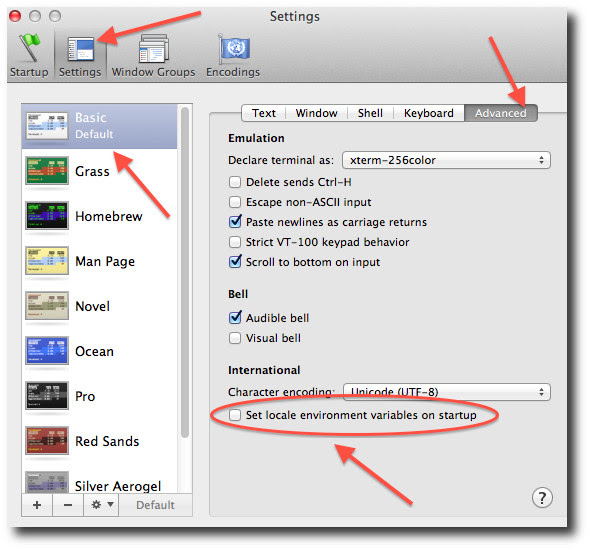When I was trying to use pelican3.3, I typed the commend "pelican-quickstart", some errors showed up.
These are the errors:
(PelicanEnv)59-127-113-90:myblog Richo$ pelican-quickstart
Traceback (most recent call last):
File "/Users/Richo/Dropbox/Github/PelicanEnv/bin/pelican-quickstart", line 9, in <module>
load_entry_point('pelican==3.3', 'console_scripts', 'pelican-quickstart')()
File "/Users/Richo/Dropbox/Github/PelicanEnv/lib/python2.7/site-packages/pkg_resources.py", line 378, in load_entry_point
return get_distribution(dist).load_entry_point(group, name)
File "/Users/Richo/Dropbox/Github/PelicanEnv/lib/python2.7/site-packages/pkg_resources.py", line 2566, in load_entry_point
return ep.load()
File "/Users/Richo/Dropbox/Github/PelicanEnv/lib/python2.7/site-packages/pkg_resources.py", line 2260, in load
entry = __import__(self.module_name, globals(),globals(), ['__name__'])
File "/Users/Richo/Dropbox/Github/PelicanEnv/lib/python2.7/site-packages/pelican/__init__.py", line 16, in <module>
from pelican.generators import (ArticlesGenerator, PagesGenerator,
File "/Users/Richo/Dropbox/Github/PelicanEnv/lib/python2.7/site-packages/pelican/generators.py", line 20, in <module>
from pelican.readers import Readers
File "/Users/Richo/Dropbox/Github/PelicanEnv/lib/python2.7/site-packages/pelican/readers.py", line 11, in <module>
import docutils.core
File "/Users/Richo/Dropbox/Github/PelicanEnv/lib/python2.7/site-packages/docutils/core.py", line 20, in <module>
from docutils import frontend, io, utils, readers, writers
File "/Users/Richo/Dropbox/Github/PelicanEnv/lib/python2.7/site-packages/docutils/frontend.py", line 41, in <module>
import docutils.utils
File "/Users/Richo/Dropbox/Github/PelicanEnv/lib/python2.7/site-packages/docutils/utils/__init__.py", line 20, in <module>
import docutils.io
File "/Users/Richo/Dropbox/Github/PelicanEnv/lib/python2.7/site-packages/docutils/io.py", line 18, in <module>
from docutils.utils.error_reporting import locale_encoding, ErrorString, ErrorOutput
File "/Users/Richo/Dropbox/Github/PelicanEnv/lib/python2.7/site-packages/docutils/utils/error_reporting.py", line 47, in <module>
locale_encoding = locale.getlocale()[1] or locale.getdefaultlocale()[1]
File "/Users/Richo/Dropbox/Github/PelicanEnv/lib/python2.7/locale.py", line 513, in getdefaultlocale
return _parse_localename(localename)
File "/Users/Richo/Dropbox/Github/PelicanEnv/lib/python2.7/locale.py", line 445, in _parse_localename
raise ValueError, 'unknown locale: %s' % localename
ValueError: unknown locale: UTF-8
My OS is OS X Mavericks.

